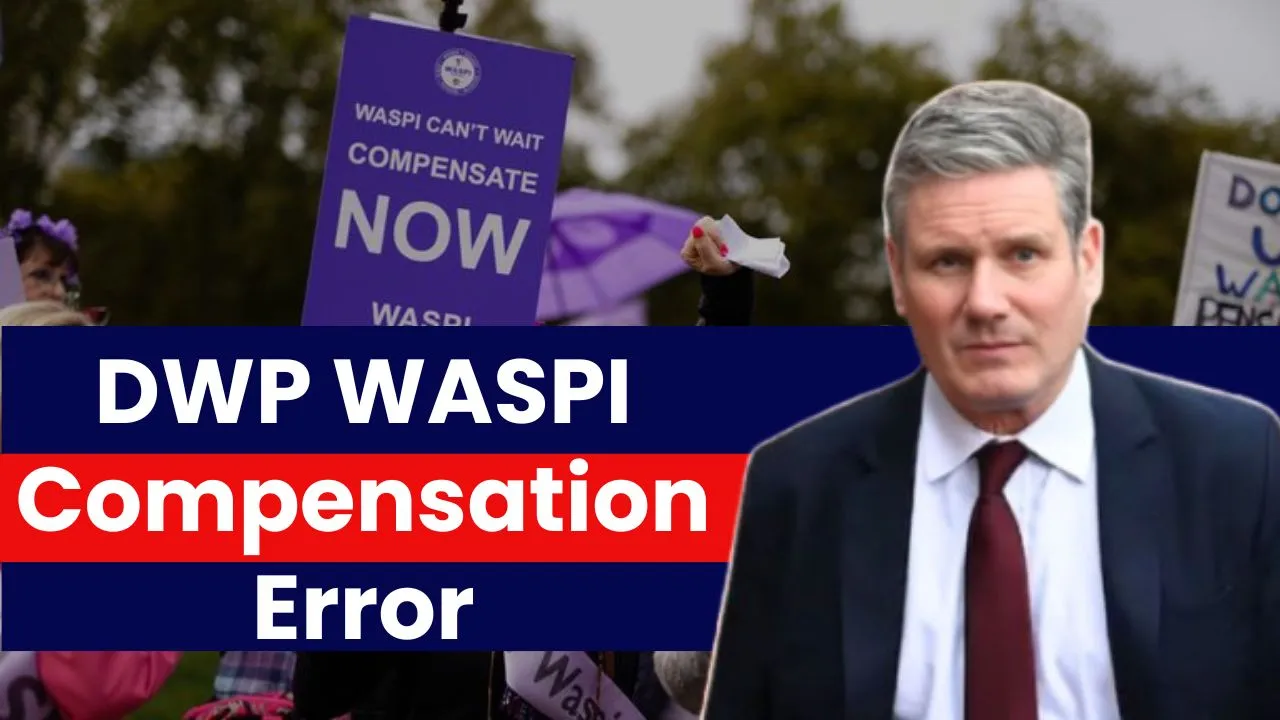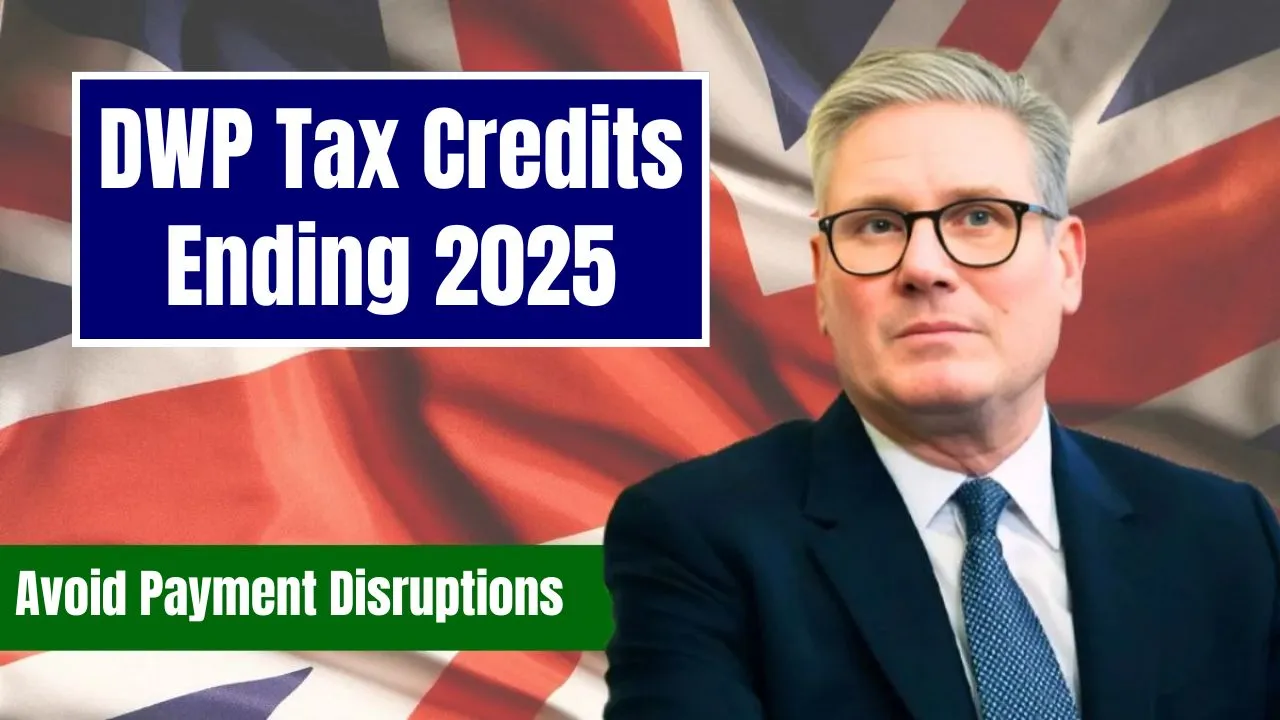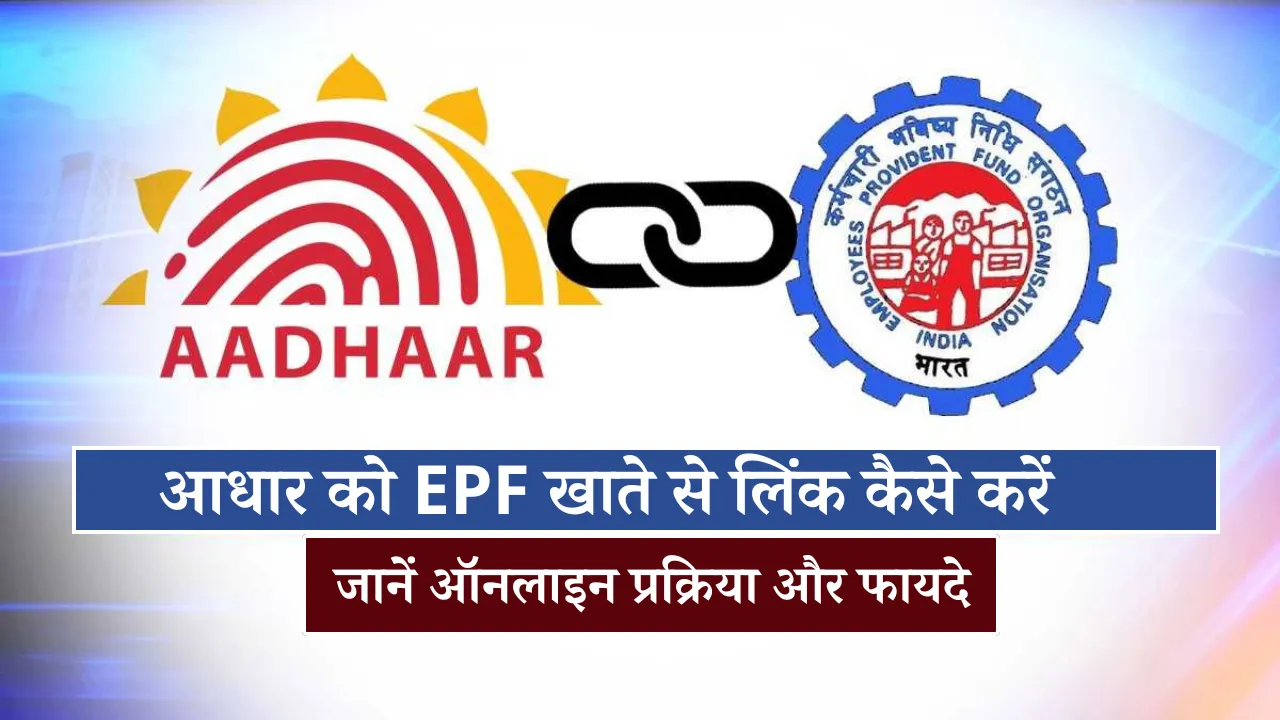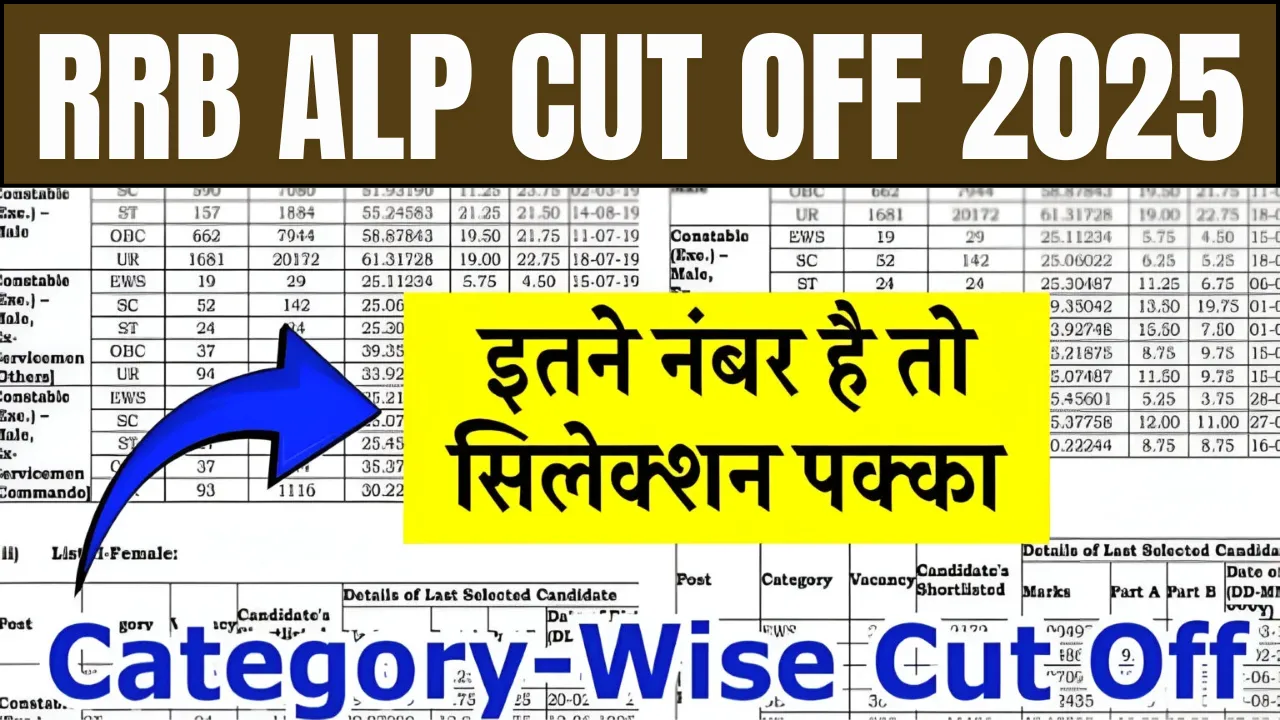DWP Scrutiny: The UK government is stepping up its efforts to tackle benefit fraud with sweeping new powers granted to the Department for Work and Pensions (DWP). As part of this initiative, 15 of the country’s largest banks are now under DWP scrutiny to help identify fraudulent benefit claims and recover public funds. This move comes at a time when fraud and errors within the welfare system are costing taxpayers billions annually. The government’s goal is clear: to ensure that financial support reaches those who genuinely need it while cracking down on those who exploit the system.
In this article, we’ll dive into what the DWP’s enhanced scrutiny means for benefit claimants and the broader public. We’ll explain which banks are involved, how the monitoring process works, the reasons behind these changes, and the safeguards in place to protect honest claimants. We’ll also address concerns about privacy and data protection while offering guidance on what claimants should do to stay informed and compliant.
Overview of DWP Scrutiny Measures
| Key Details | Information |
| Purpose of Scrutiny | Detect and prevent benefit fraud |
| Number of Banks Involved | 15 major UK banks |
| Expected Financial Recovery | £1.5 billion over the next 5 years |
| Annual Cost of Fraud and Errors | Nearly £10 billion |
| Legislative Framework | Data Protection and Digital Information Bill |
| Impact on Claimants | Focused on fraud detection, with safeguards for genuine claimants |
| Potential for Additional Banks | Yes, based on evolving needs |
| Primary Goal | Protect public funds while ensuring fairness |
What Is DWP Scrutiny and Why Is It Happening?
DWP scrutiny refers to the government’s expanded authority to monitor the financial activities of benefit claimants. This isn’t about tracking every transaction but rather focusing on specific financial indicators that could signal fraudulent activity. With nearly £10 billion lost annually due to benefit fraud and administrative errors, the government sees this as a necessary step to protect taxpayer money.
The COVID-19 pandemic highlighted vulnerabilities within the benefits system, with an estimated £35 billion mistakenly paid to individuals who were either ineligible or provided inaccurate information. These errors have led to increased pressure on the government to tighten controls, reduce fraud, and recover lost funds.
The DWP’s goal isn’t just about cracking down on fraudsters—it’s also about restoring public trust in the welfare system. By identifying fraudulent claims more effectively, the government can ensure that benefits are distributed fairly, reaching those who truly need financial support.
Which Banks Are Under DWP Scrutiny?
To make the system more efficient, the DWP is focusing its efforts on 15 major banks and financial institutions that handle the vast majority of benefit-related transactions. These banks account for around 97% of all benefit payments made in the UK, making them key players in the fight against benefit fraud. The banks under scrutiny include:
- Bank of Scotland
- Barclays
- Halifax
- HSBC
- Lloyds Bank
- Metro Bank
- Monzo Bank Limited
- NatWest
- Nationwide
- Santander
- Starling Bank
- The Co-operative Bank
- Royal Bank of Scotland (RBS)
- TSB
- Yorkshire Bank
Additionally, under the Data Protection and Digital Information Bill, the government retains the authority to add more banks and financial institutions to this list as needed. This flexibility ensures that fraud prevention measures remain effective even as the financial landscape evolves.
How Will the DWP Monitor Bank Accounts?
The DWP’s new powers are designed to identify signs of potential fraud, not to invade the privacy of ordinary people. The monitoring process will focus on specific financial indicators that may suggest someone is receiving benefits they’re not entitled to. Here’s how it works:
- Account Activity Review: The DWP will look for unusual patterns in transactions, such as large, unexplained deposits or frequent transfers that don’t align with a claimant’s declared income.
- Savings Threshold Monitoring: Benefits like Universal Credit have strict rules regarding how much savings a person can have. The DWP will check for accounts with balances exceeding these limits.
- Income Discrepancies: If a claimant reports being unemployed but regularly receives payments from an employer, this could trigger further investigation.
Importantly, the DWP will not have unrestricted access to every detail of claimants’ accounts. The focus will be on specific red flags, and investigations will only proceed when there’s reasonable evidence to suggest fraud.
Will This Affect Genuine Claimants?
A common concern is whether these new powers will unfairly target honest people who rely on benefits to support themselves and their families. The DWP has made it clear that the goal is to target fraud, not penalize individuals who make genuine mistakes or have legitimate reasons for certain financial activities.
For example:
- Legitimate Savings: Some people may have large sums in their accounts due to inheritance, insurance payouts, or compensation for injuries. These are not automatically considered fraudulent, provided they are reported correctly when required.
- Occasional Gifts: Receiving money from family or friends for special occasions isn’t a red flag unless it’s regular income that should be declared.
- Honest Mistakes: If an overpayment occurs because of an honest error, the DWP’s focus will be on recovering the money rather than punishing the claimant.
In cases where discrepancies are found, claimants will typically be contacted to clarify their situation. Penalties or legal action are generally reserved for cases where there is clear evidence of deliberate fraud.
Benefits of Enhanced DWP Scrutiny
While the idea of government agencies monitoring bank accounts may sound concerning, the new measures offer several key benefits:
- Protecting Public Funds: By reducing fraudulent claims, the government can ensure that taxpayer money is used effectively.
- Improved Welfare Integrity: Increased oversight helps maintain the integrity of the welfare system, ensuring that support reaches those who genuinely need it.
- Faster Fraud Detection: The new powers will enable quicker identification of suspicious activities, reducing the time it takes to detect and investigate fraud.
- Support for Genuine Claimants: By cracking down on fraud, more resources will be available to support honest claimants who rely on benefits for essential living costs.
Privacy and Data Protection Concerns
The DWP’s new powers come with strict rules to protect claimants’ privacy. While data monitoring is necessary to combat fraud, the government has emphasized that personal information will be handled responsibly. Here’s how privacy will be protected:
- Limited Access: Only specific data relevant to benefits eligibility will be reviewed.
- Transparency: Claimants will be informed if they’re under investigation, and they’ll have the opportunity to respond to any concerns.
- Legal Safeguards: The Data Protection and Digital Information Bill outlines clear limits on how financial data can be accessed and used.
- Accountability: The DWP is required to follow strict protocols when handling sensitive information, with oversight mechanisms in place to prevent misuse.
What Should Benefit Claimants Do?
If you’re receiving benefits, there’s no need to worry as long as you’re honest about your financial situation. However, here are some steps you can take to ensure you’re prepared:
- Keep Records Updated: Always inform the DWP about changes in your income, savings, or living situation.
- Review Benefit Rules: Make sure you understand the eligibility requirements for the benefits you receive.
- Check Your Bank Statements: Regularly review your financial activity to ensure there are no discrepancies.
- Seek Advice if Needed: If you’re unsure about anything related to your benefits, contact a welfare advisor or your local Jobcentre for guidance.
- Stay Informed: Keep up with changes to DWP policies so you know how they might affect you.
Frequently Asked Questions (FAQs)
1. Why is the DWP monitoring bank accounts?
The DWP is using its new powers to detect and prevent benefit fraud, ensuring that public funds are used appropriately.
2. Which banks are under DWP scrutiny?
Fifteen major UK banks, including Barclays, HSBC, Lloyds, NatWest, and others.
3. Will I be penalized if I have savings?
Not necessarily. Legitimate savings, such as compensation payments, are not considered fraud if reported correctly.
4. How much does benefit fraud cost the UK?
Benefit fraud and errors cost the UK government nearly £10 billion annually.
5. Can other banks be added to the DWP’s monitoring list?
Yes, the government can add more banks if needed, as permitted under the Data Protection and Digital Information Bill.
Final Thoughts
The government’s enhanced DWP scrutiny measures mark a significant shift in how benefit fraud is detected and prevented. By focusing on 15 major banks and using data-driven monitoring, the DWP aims to protect public funds while ensuring that support reaches the people who truly need it.
While concerns about privacy are valid, strict data protection laws are in place to safeguard claimants’ information. The key takeaway is simple: if you’re honest about your financial situation, you have nothing to worry about. The real targets of these measures are those who exploit the welfare system at the expense of taxpayers and genuine claimants.
We’d love to hear your thoughts! How do you feel about the DWP’s new powers? Share your opinions in the comments below, and if you found this article helpful, feel free to pass it on to others who might benefit from the information.













